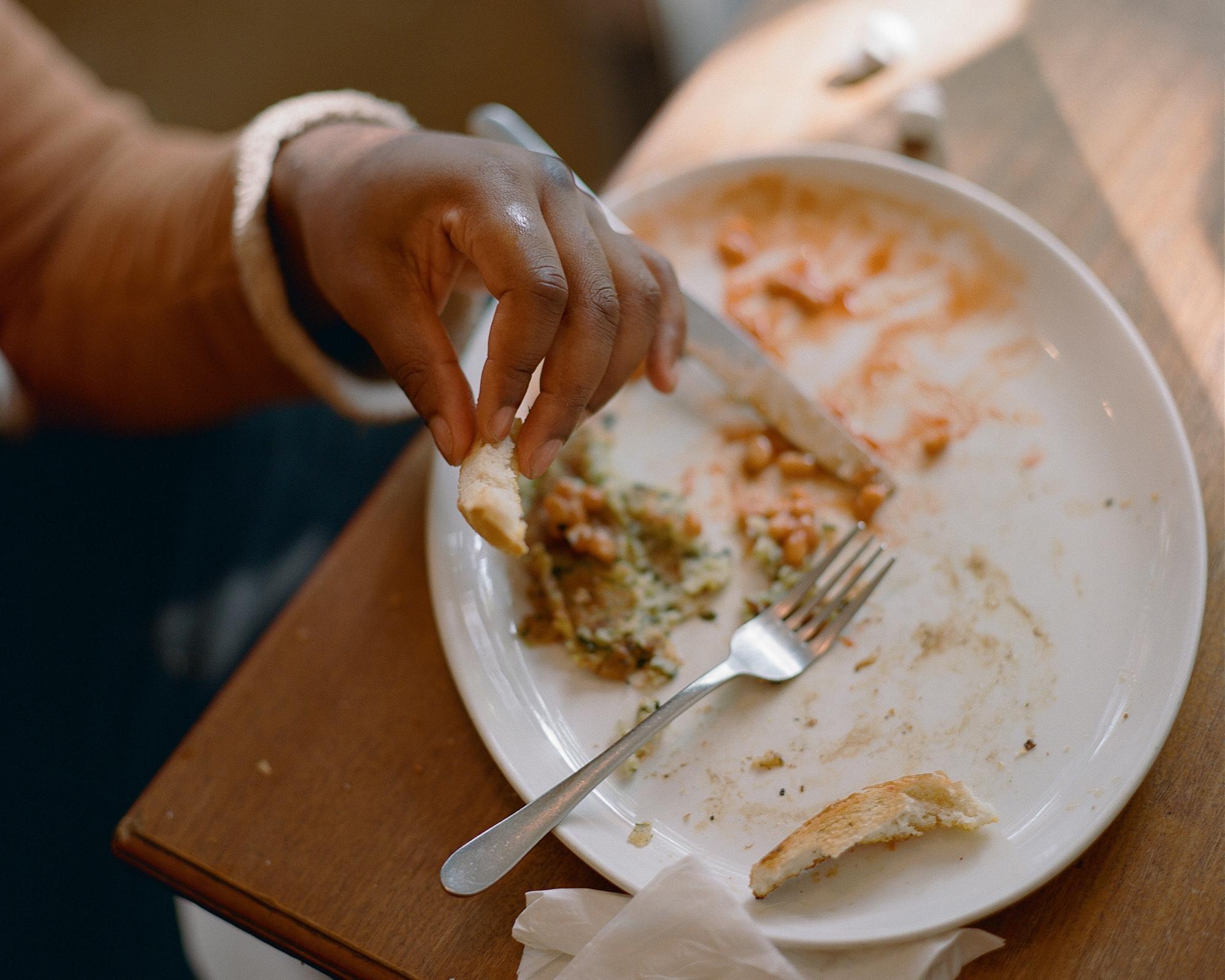No relief for the 7.3 million going without essentials - JRF responds to CPI inflation figures
Today’s CPI inflation figure remaining stubbornly high at 8.7% comes at the end of two years where prices have risen by nearly 20%. JRF’s cost of living tracker (published today) shows that recent price rises combined with historically inadequate social security have meant that despite the government stepping in to support those on low incomes, things are simply not getting better.
Anticipated interest rate rises tomorrow are also causing rising alarm for millions, especially those who have built up arrears and debts due to the prolonged crisis.
Around nine in ten (87%) low-income households on Universal Credit have gone without at least one essential for the third survey in over a year – three quarters (76%) having gone hungry, cut down on or skipped meals in the last 30 days, demonstrating the urgent need for an Essentials Guarantee to protect the nation’s health.
Commenting on the latest inflation figures, Rachelle Earwaker, Senior Economist for the Joseph Rowntree Foundation said:
“Last month, 5.7 million households did not have enough money to buy food and were skipping meals or cutting back on how much they could eat. Inflation remains stubbornly and unexpectedly high and even if it fell now that would not mean essential items suddenly become affordable. In fact, fresh and healthy food seems increasingly out of the reach of many with food inflation still over 18%.
“Stubbornly high inflation puts the Bank of England in a difficult position tomorrow and this bodes poorly for the 4.5 million people who are already in arrears with essential costs such as rent and household bills. There is no letup for those facing hardship and millions who are feeling the pinch from all angles and will be feeling no relief today.
“In May 2023 our tracker found that over half of low-income households on Universal Credit have been going without three or more of the essentials that we all need to live – items like food, a warm shower or basic toiletries.
“Going without essentials places a huge burden on families and the scale of hardship means the effect will be felt for years to come. Without action to implement an Essentials Guarantee, many families face the bleak prospect of running to catch up but never doing so because they are trapped by debt, rising prices and worsening health”.
JRF, together with the Trussell Trust, is calling on the Government to implement an Essentials Guarantee, to ensure that, at a minimum, the basic rate of Universal Credit at least covers life's essentials and that support can never be pulled below that level.
The tracker found:
- 5.7 million low-income households are having to cut down or skip meals because they don’t have enough money for food, while the number going without items such as food, heating or basic toiletries (63%) has remained around 7 million for more than a year.
- 2.3 million low-income households on Universal Credit, more than two thirds of those receiving Universal Credit, have been forced into changing the kind of food they buy – including making less nutritious choices

This news article is part of the cost of living topic.
Find out more about our work in this area.